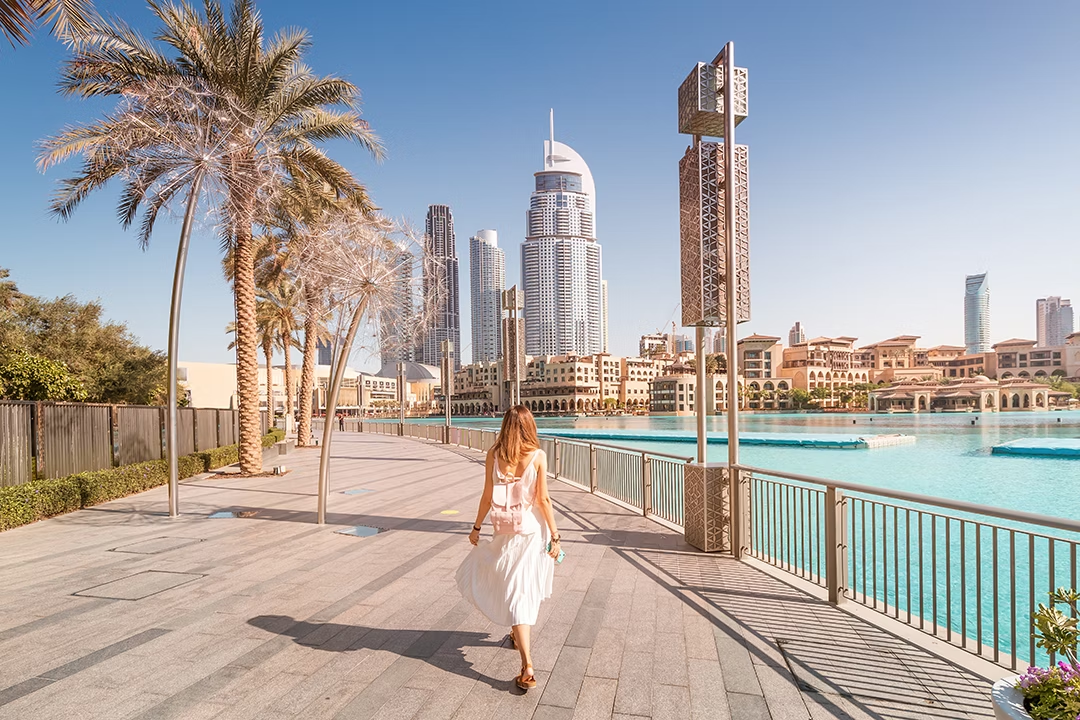Dubai taking over London as the global capital of billionaires or the home of the wealthy is an intriguing prospect, reflecting the dynamic shifts in global wealth and power. Both cities have distinct advantages and challenges that could influence their trajectories in the coming decades. To analyze this possibility, we need to examine Dubai’s rise, London’s current status, the factors influencing wealthy individuals’ choices, and the broader geopolitical and economic trends at play.
Over the past few decades, Dubai has transformed itself from a small trading port to a global metropolis. This transformation has been driven by several factors:
- Strategic Location: Situated at the crossroads of Europe, Asia, and Africa, Dubai serves as a key hub for global trade and travel. Its world-class airport, Emirates airline, and major seaports facilitate connectivity and commerce.
- Economic Diversification: While oil initially fueled Dubai’s growth, the city has diversified its economy into sectors like tourism, finance, real estate, and technology. The Dubai International Financial Centre (DIFC) and numerous free zones attract multinational companies and investors with tax incentives and a business-friendly environment.
- Real Estate Development: Dubai’s skyline, characterized by iconic structures like the Burj Khalifa and Palm Jumeirah, symbolizes its ambition and opulence. These developments attract wealthy individuals seeking luxury residences and investment opportunities.
- Quality of Life: Dubai offers a high standard of living with world-class amenities, security, and a cosmopolitan lifestyle. Its luxury shopping malls, fine dining, and cultural attractions cater to affluent residents and visitors.
- Tax Policies: Dubai’s lack of personal income tax is a significant draw for high-net-worth individuals (HNWIs) and billionaires. This fiscal policy enhances its attractiveness compared to cities with higher tax burdens.
London has long been a magnet for the global elite, thanks to its historical, financial, and cultural significance. Key factors contributing to its status include:
- Financial Hub: As one of the world’s leading financial centers, London hosts the headquarters of numerous banks, hedge funds, and multinational corporations. The City of London and Canary Wharf are synonymous with global finance and investment.
- Cultural and Historical Appeal: London’s rich history, diverse culture, and prestigious institutions like the British Museum, Royal Opera House, and world-renowned universities make it a desirable place for the wealthy.
- Property Market: London’s prime real estate, particularly in areas like Kensington, Chelsea, and Mayfair, attracts billionaires seeking exclusive homes. The city’s property market is seen as a safe haven for investment.
- Legal and Regulatory Environment: The UK’s stable legal system and robust property rights provide a secure environment for investments. London’s reputation for transparency and the rule of law is a significant advantage.
- Connectivity and Lifestyle: London’s position as a global travel hub, with direct flights to major cities worldwide, and its vibrant lifestyle, including luxury shopping, fine dining, and entertainment, make it attractive to the affluent.
While Dubai has made remarkable strides and offers several advantages that could attract the global elite, overtaking London as the global capital of billionaires is a complex and multifaceted challenge. London’s deep-rooted financial infrastructure, cultural appeal, and historical significance provide it with a robust foundation that is not easily displaced.
- Economic Opportunities: Cities offering lucrative business and investment opportunities are preferred. The ease of doing business, availability of skilled labor, and access to capital markets are crucial.
- Taxation and Regulation: Favorable tax policies and a conducive regulatory environment are significant draws. Jurisdictions with lower taxes and minimal regulatory burdens are attractive to the wealthy.
- Quality of Life: Safety, healthcare, education, cultural amenities, and overall quality of life are important considerations. Cities that provide a high standard of living and personal security are preferred.
- Political Stability: Political and economic stability are essential. Wealthy individuals seek environments where their assets and personal safety are not at risk due to political unrest or economic volatility.
- Global Connectivity: Ease of travel and global connectivity are vital for the globally mobile elite. Cities with major international airports and efficient transport infrastructure are more attractive.
Several macro trends will influence the dynamics between Dubai and London as potential global capitals for the wealthy:
- Global Wealth Distribution: The distribution of global wealth is shifting, with increasing numbers of billionaires emerging from Asia and the Middle East. This shift could favor cities like Dubai that are geographically closer and culturally attuned to these regions.
- Economic Policies and Trade Relations: Changes in economic policies and trade relations, especially post-Brexit, will impact London’s attractiveness. Dubai’s strategic free trade agreements and its role in the Belt and Road Initiative could enhance its appeal.
- Technological Advancements: The rise of digital economies and fintech could influence where wealthy individuals choose to base themselves. Cities that become leaders in technology and innovation will attract significant wealth.
- Environmental and Social Factors: Climate change and social dynamics are becoming increasingly important. Cities that address environmental concerns and provide a socially inclusive environment will be more attractive to the next generation of billionaires.
While Dubai has made remarkable strides and offers several advantages that could attract the global elite, overtaking London as the global capital of billionaires is a complex and multifaceted challenge. London’s deep-rooted financial infrastructure, cultural appeal, and historical significance provide it with a robust foundation that is not easily displaced.
However, the rapid economic growth, strategic initiatives, and appealing lifestyle in Dubai position it as a formidable competitor. If Dubai continues to innovate, diversify its economy, and address any challenges related to political and social stability, it could increasingly attract a larger share of the world’s billionaires.
Ultimately, whether Dubai can overtake London will depend on a combination of strategic policy decisions, global economic trends, and the evolving preferences of the wealthy elite. Both cities are likely to continue playing significant roles on the global stage, each offering unique advantages that cater to different aspects of the wealthy lifestyle.





Leave a Reply